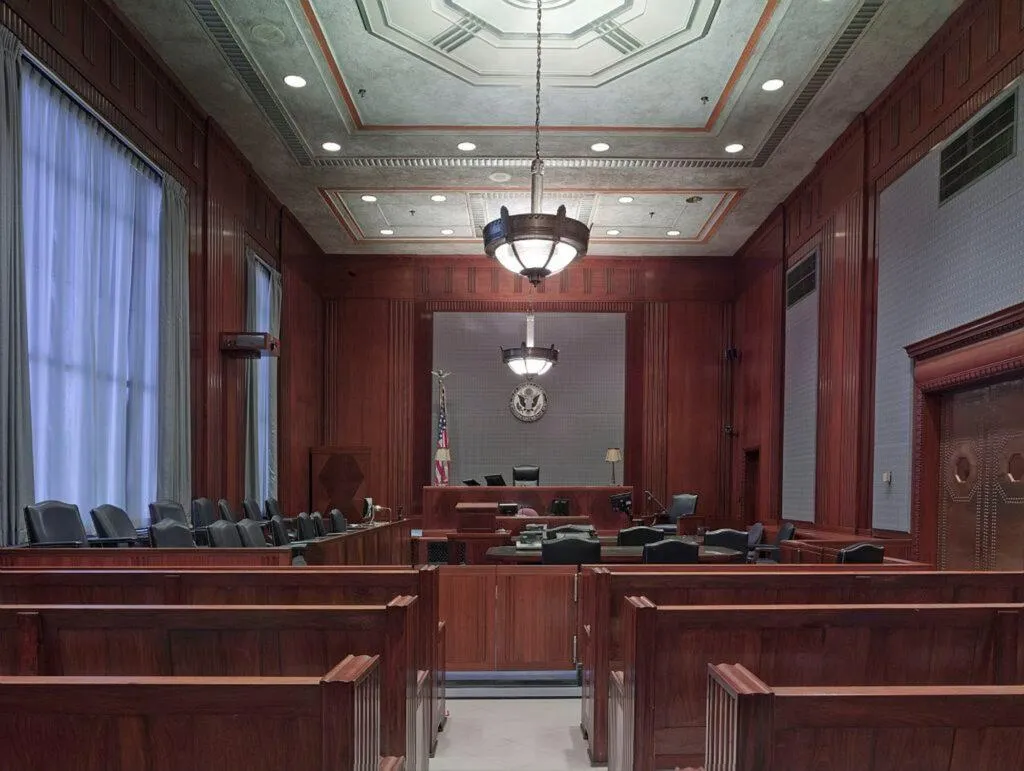
Bail Bondsman in Raleigh, NC Explains the Process from Arrest to Acquittal
Picture this: you have been arrested, perhaps wrongfully accused, or simply caught up in a whirlwind of events beyond your control. What follows next is a series of steps, each with its own set of challenges and intricacies. From the initial shock of arrest and the bail with the aid of a bail bondsman in Raleigh, NC to the nail-biting trial, and finally, the moment of vindication when the gavel comes down with a resounding "not guilty, trials in the courtroom are no less challenging than a rollercoaster ride.
Facing a criminal charge is always daunting, especially when you are booked for a crime in the bustling city of Raleigh, NC, facing charges is never easy. The journey from arrest to acquittal can be intricate and emotionally challenging, which is why here’s an in-depth guide on understanding the legal system and the different stages an individual goes through from arrest to acquittal.
Initial Court Appearance
After arrest, the accused is brought before a judge for an initial court appearance, typically within 48 hours. During this hearing, the judge informs the accused of the charges against them and advises them of their rights. The judge may also set bail or make other determinations about the conditions of release. If the accused cannot afford an attorney, the court may appoint a public defender who helps with the arraignment and other pre-trial proceedings.
Trial
If the case proceeds to trial, it is one of the most critical stages in the process. The prosecution presents evidence, witnesses, and arguments to prove the accused's guilt beyond a reasonable doubt. The defense counters with its evidence and arguments, aiming to create doubt about the accused's guilt. A judge or jury then renders a verdict of guilty or not guilty based on the evidence presented.
Appeals and Post-Conviction
If the accused is convicted, the legal process does not necessarily end. They have the right to appeal the verdict to a higher court. Appeals are based on legal errors that occurred during the trial, rather than a re-examination of the evidence itself. If new evidence can potentially exonerate the accused, post-conviction proceedings, such as habeas corpus petitions, can be pursued to review the case.
Acquittal
An acquittal occurs when the accused is found not guilty by a judge or jury. This verdict signifies that the prosecution failed to prove the accused's guilt beyond a reasonable doubt. It is important to note that an acquittal does not necessarily mean the accused is innocent; it simply means there was insufficient evidence to convict them.
Conclusion
Navigating the process from arrest to acquittal and spending your time until the final verdict in jail requires strategy, knowledge, and most importantly patience. Undoubtedly, good legal representation, awareness of your rights, and understanding of the criminal justice system can help. However, if you want to prepare for your case without anything holding your freedom behind bars, Wake County bail bonds can be an excellent idea. Especially, when your case has all the pointers for the judge to approve bail, you shouldn’t hold yourself back in a jail cell just because of the financial constraint.
Can’t pay the entire bail amount on your own? Contact Wake County bail bondsman at Absolute Bail Bonds, Inc., and let the experts help you post bail with a mere 15% premium. Need more information? Reach out to our team of bail bond agents today!


